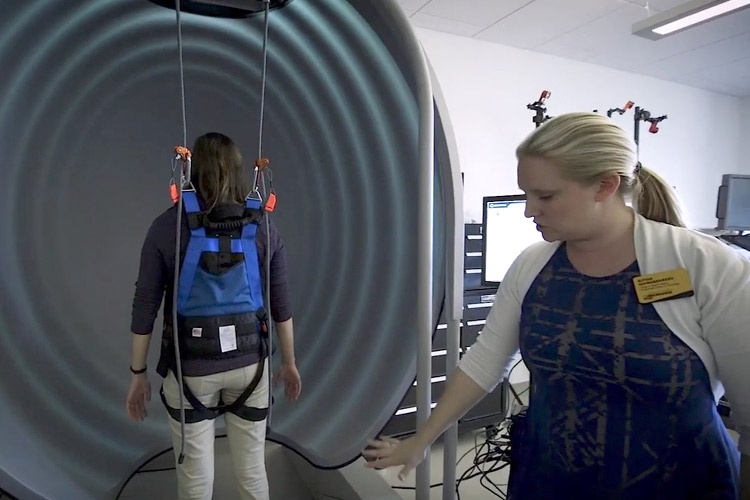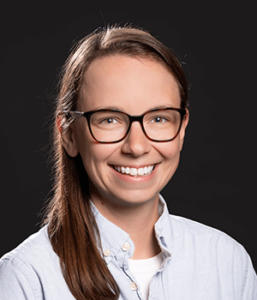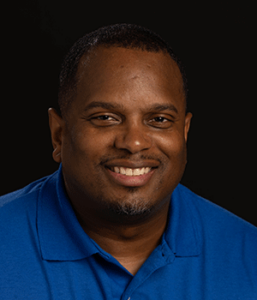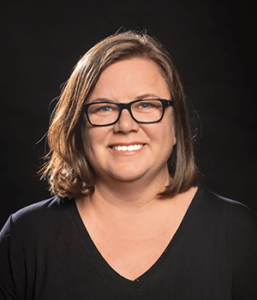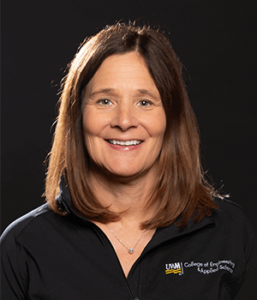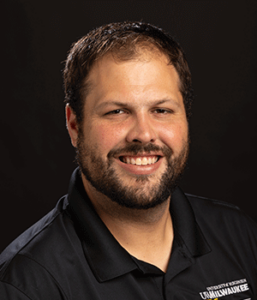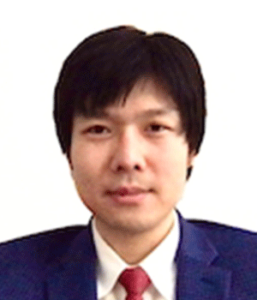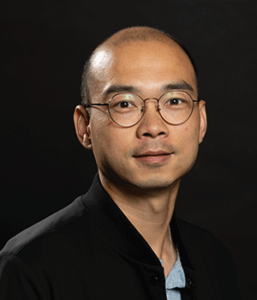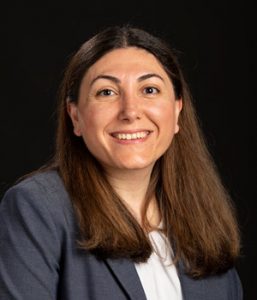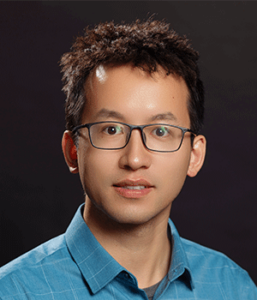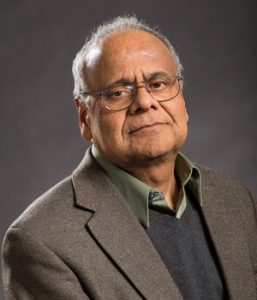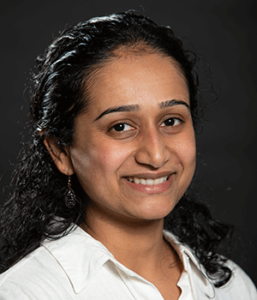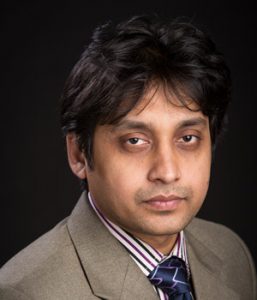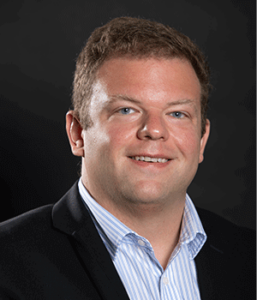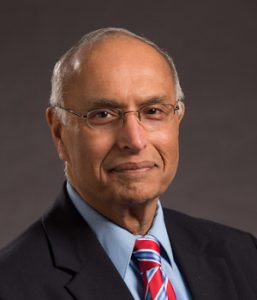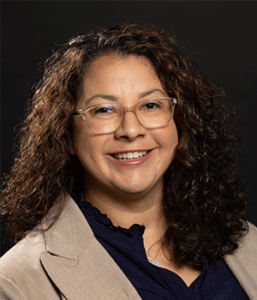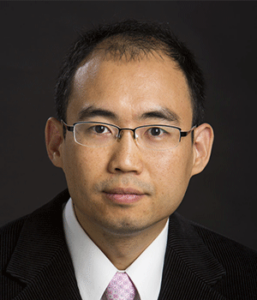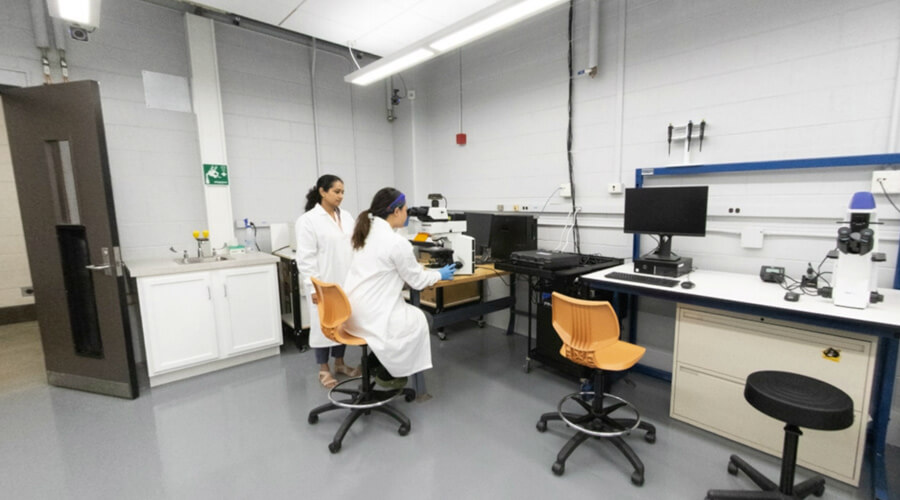Biomedical Engineering BSE
At UWM, our biomedical engineering degree program combines engineering techniques with biological sciences to improve the quality of human health by designing and creating equipment, devices and intelligent systems.
The Bachelor of Science in Biomedical Engineering at UWM includes collaboration across disciplines, enabling you to combine mechanical, electrical, materials science and computer engineering to solve medical problems.
Our faculty work with colleges throughout UWM including the College of Health Sciences, College of Nursing, School of Freshwater Sciences, and Zilber School of Public Health. They partner with local industry and academic institutions like the Medical College of Wisconsin.
Program Type
Major
Program Format
On Campus
Career Outlook
This field is growing steadily due to technological advances and the increasing needs of a growing and aging population. A wide range of opportunities await graduates who enjoy this interdisciplinary work.
2021 median pay for biomedical engineers/bioengineers was $97,410*
*U.S. Bureau of Labor Statistics
What to Expect
Increased speed to graduation
Our new and redesigned curriculum makes it easier and faster for you to complete your biomedical engineering degree. You’ll also find greater flexibility in the electives available to customize your experience.
What makes our program stand out
Biomedical engineering majors at UWM learn about the design, manufacturing, and maintenance techniques of medical devices, instrumentation, and smart systems to improve the quality of human health. Our curriculum provides flexibility to explore interests in business, the environment, health informatics, public health, psychology, and water technology, among others, while getting a solid foundation in biomedical engineering. This broad educational foundation opens the doors to opportunities for graduates to work for world-class industry partners like GE Healthcare, start your own business, or pursue higher education.
The program provides you opportunities to conduct faculty-supervised research in well-equipped laboratories to prepare for doctoral studies. Or, you may select courses to help you pursue a subsequent degree in medicine or participate in the Lubar Entrepreneurship Center’s programs and launch your own business after earning your degree. You’ll have many opportunities that can be expected only at an R1-ranked university like UWM.
Honors
Biomedical Engineering students can earn honors within the major upon graduation.
Students have many other opportunities to earn honors recognition at UWM.
UWM’s College of Engineering & Applied Science program provides many opportunities to pair classroom learning with hands-on experiences outside the classroom. The college’s location in Wisconsin’s largest city, with a broad network of industry partnerships, gives you easy access to well-paid internships and co-ops, as well as other important opportunities to enhance your resume.
Did you know?
- 97 percent of our graduates launch their careers or continue their education upon graduation.
- SOURCE: UWM First Destination Survey for the College of Engineering & Applied Science, 2021-2022
We’re Here to Help
We have a dedicated Career Services Department at the College of Engineering & Applied Science who works exclusively with our students to prepare them for a career after graduation.
What You’ll Do
- Design equipment and devices, such as artificial internal organs, replacements for body parts, and machines for diagnosing medical problems
- Install, maintain, or provide technical support for biomedical equipment
- Collaborate with manufacturing staff on the safety and effectiveness of biomedical equipment
- Train clinicians and others on the proper use of biomedical equipment
- Work with scientists to research how engineering principles apply to biological systems
- Develop statistical models or simulations using statistical or modeling software
- Prepare procedures and write technical reports and research papers
- Present research findings to a variety of audiences, including scientists, clinicians, managers, other engineers, and the public
- Design or conduct follow-up experiments as needed
Advising
- Academic Advisor, Undergraduate Advising
- Students with last names M-R
- wisnowsk@uwm.edu
- 414-251-5368
- Engineering and Mathematical Sciences 386
- Academic Advisor, Undergraduate Advising
- Students with last names A-E
- brandonc@uwm.edu
- 414-251-9253
- Engineering and Mathematical Sciences E386
- Senior Advisor, Undergraduate Advising
- Students with last names beginning F-L
- Prospective Transfer Student Liaison
- currentt@uwm.edu
- 414-229-2203
- Engineering & Mathematical Sciences E385B
- Senior Advisor, Undergraduate Advising
- Students with last names beginning S-Z
- Prospective Student Liaison
- klumpp@uwm.edu
- 414-229-5193
- Engineering and Mathematical Sciences E385C
Tutoring
- Retention Coordinator, Tutoring
- Student Support Center Coordinator
- Freshmen Orientation Instructor
- Ander675@uwm.edu
- 414-229-3882
- Engineering & Mathematical Sciences 386B
Faculty
- Visiting Assistant Professor, Biomedical Engineering
- baox@uwm.edu
- 414-251-8852
- Engineering & Mathematical Sciences E309
- Assistant Professor, Biomedical Engineering
- Advisor, UWM Biomedical Engineering Society (BMES)
- dabaghme@uwm.edu
- 414-251-7573
- Engineering & Mathematical Sciences
- Visiting Assistant Professor, Biomedical Engineering
- gehe@uwm.edu
- Engineering & Mathematical Sciences 845
- Professor, Biomedical Engineering
- Department Chair, Biomedical Engineering
- Professor, Electrical Engineering
- misra@uwm.edu
- 414-229-3327
- Engineering and Mathematical Sciences E-314
- Assistant Professor, Biomedical Engineering
- Director, Premnath Lab
- premnath@uwm.edu
- 414-229-2634
- Engineering & Mathematical Sciences 1015
- Richard and Joanne Grigg Associate Professor, Mechanical Engineering
- Department Chair, Mechanical Engineering
- Affiliate Professor, Computer Science and Biomedical Engineering
- Switzer Research Distinguished Fellow
- rahmanmh@uwm.edu
- 414-251-8406
- University Services & Research Building (USRB) 201D
- Assistant Professor, Biomedical Engineering
- Director, Advanced Mobility Biomechanics Lab (AMBL)
- jrrammer@uwm.edu
- 414-251-6160
- University Services & Research Building (USRB) 201P
- Distinguished Professor, Materials Science and Engineering Department
- Distinguished Professor, Biomedical Engineering
- Distinguished Professor, Mechanical Engineering
- Director, Center for Advanced Manufacture of Materials
- prohatgi@uwm.edu
- Engineering and Mathematical Sciences 574
- Richard and Joanne Grigg Professor of Mechanical Engineering, EMS Office 1080
- Affiliate Faculty of Biomedical Engineering and Rehabilitation Science & Technology
- slavens@uwm.edu
- 414-229-6933
- Accelerator Building, Innovation Campus 135, Lab 140
- Associate Professor, Mechanical Engineering
- Associate Professor, Biomedical Engineering
- ysung4@uwm.edu
- 414-251-8147
- Physics 333
- Professor, Computer Science
- Professor, Biomedical Engineering
- Director, Big Data Analytics and Visualization Lab
- yuz@uwm.edu
- 414-229-2960
- Engineering & Mathematical Sciences 327

